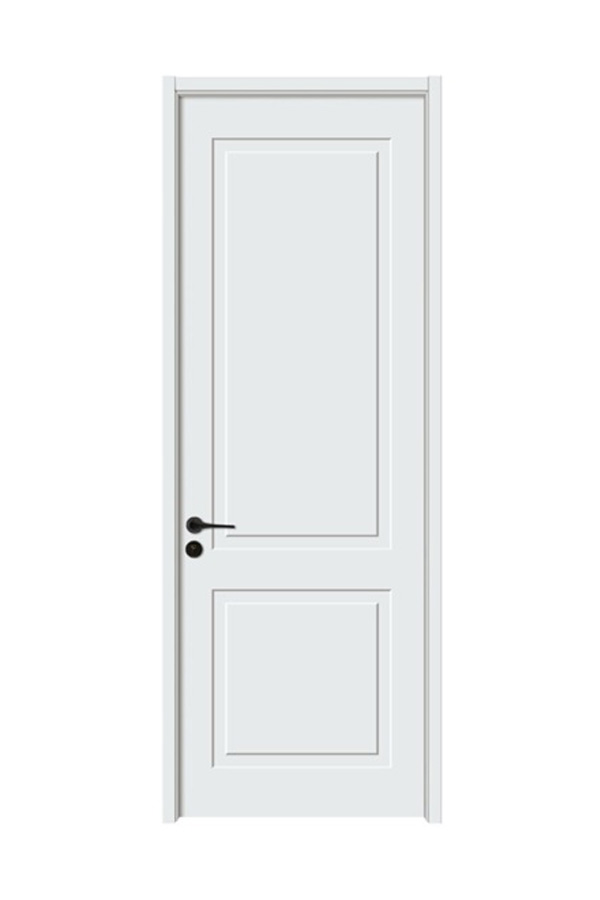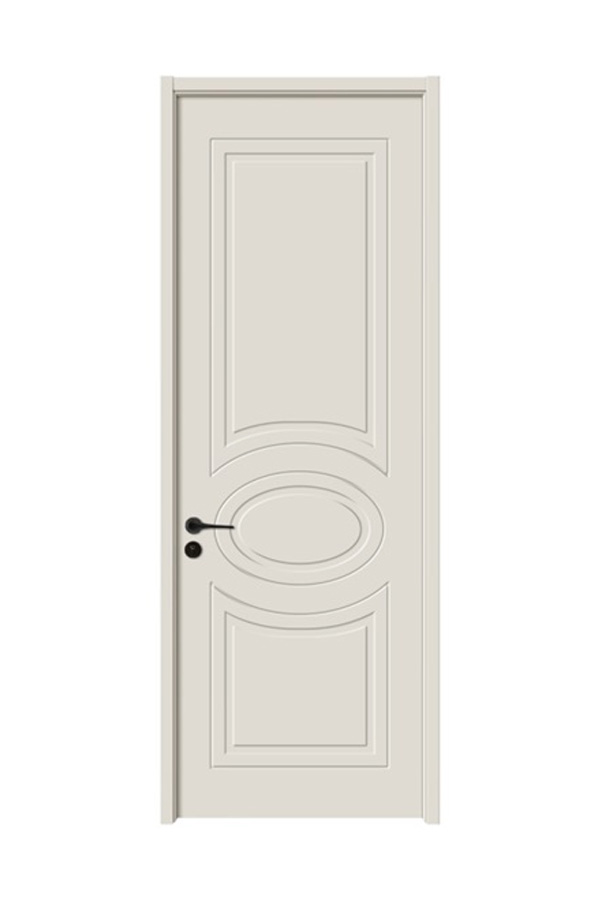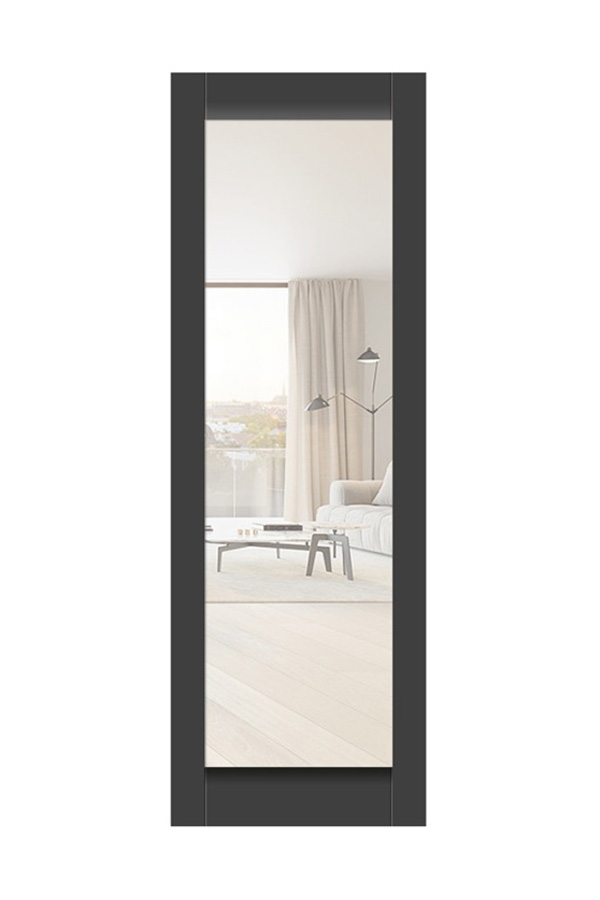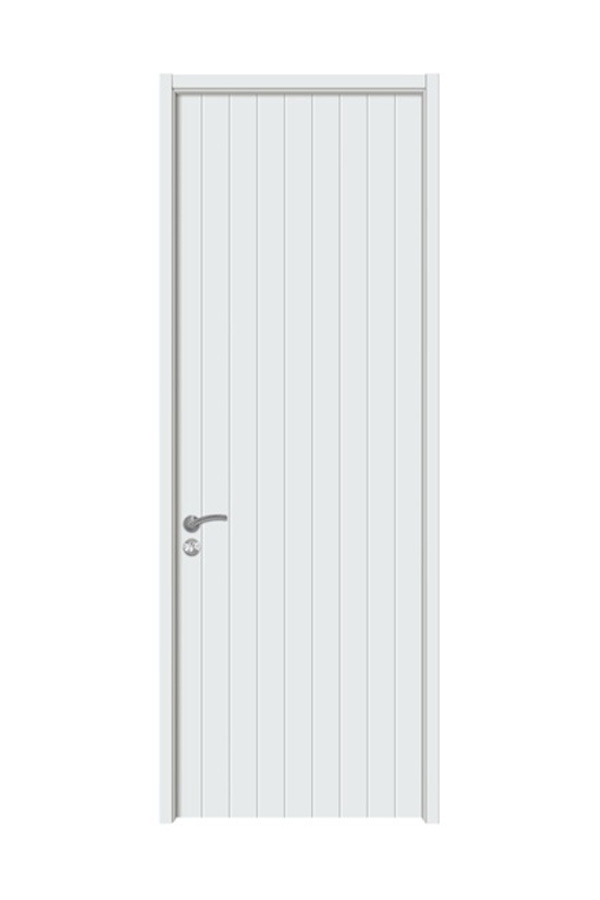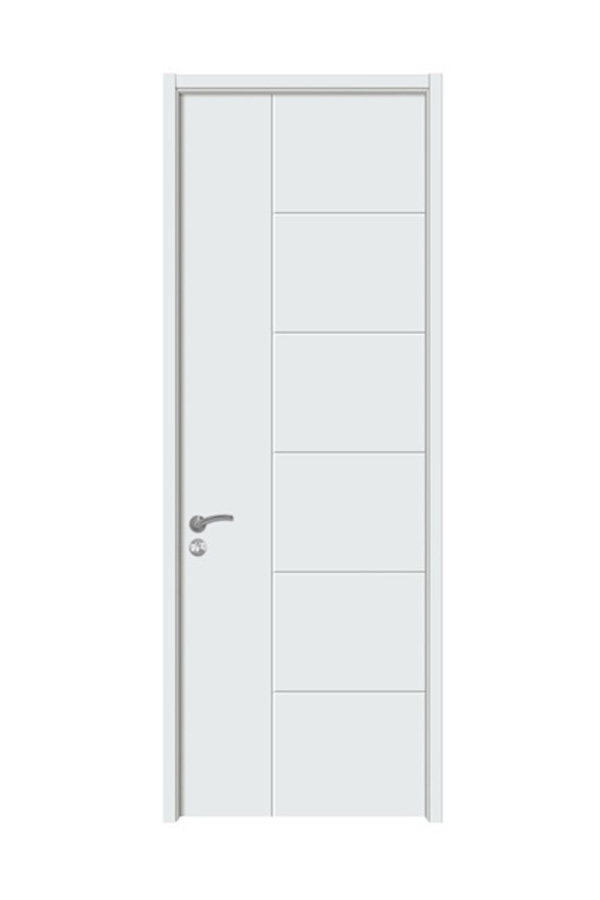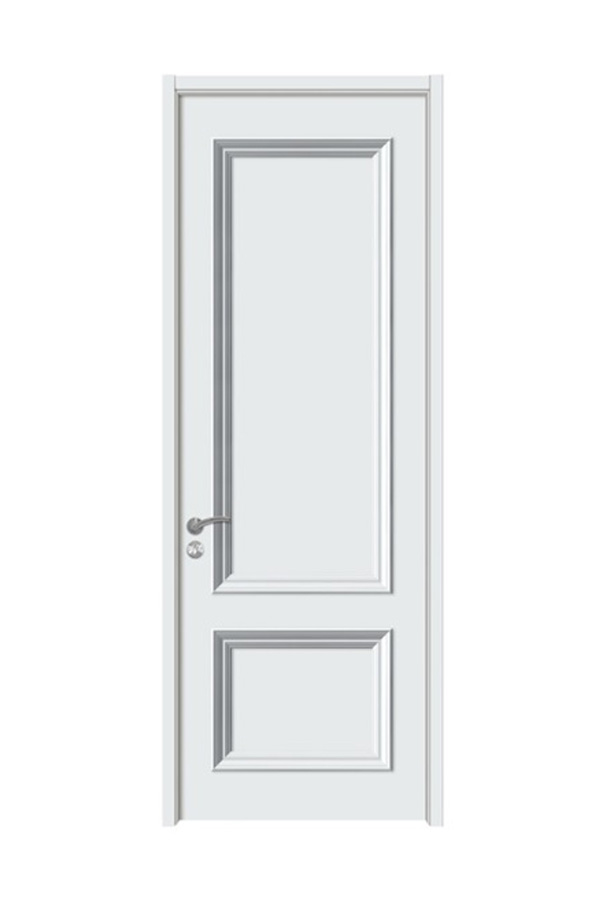The designs of Simple Closet Wardrobes have incorporated more intelligent and user-friendly features in recent years. Likewise, melamine wardrobes have gained traction for combining clean aesthetics with functional durability. These materials and layouts suit modern lifestyles where form and utility must go hand in hand.
Many homeowners now prefer designs that go beyond plain wardrobe boxes. Integrating lighting, adjustable shelving, and intelligent drawer layouts, these systems elevate both the convenience and appearance of custom closets.
Why Integrated Lighting Matters
Bright Displays for Easy Wardrobe Access
Good lighting within a closet significantly improves visibility. Installing LED strips along cabinet tops or behind hanging rods helps reveal colors and details clearly, avoiding mismatched or overlooked garments.
Energy‑Efficient and Safe
Modern LED systems draw very little power and generate less heat. This makes lighting safe for enclosed wardrobes—a key benefit when working with melamine or laminate‑based surfaces.
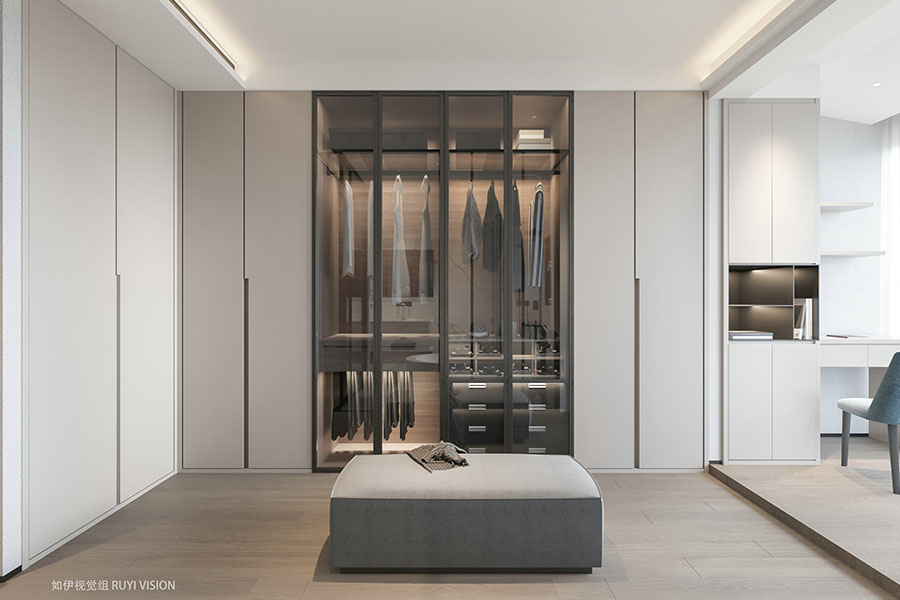
Storage Efficiency with Smart Layouts
Adjustable Shelves and Pull‑Out Drawers
Design tips from professional closet organization emphasize flexibility. Adjustable melamine shelves allow users to reconfigure storage as wardrobe contents evolve. Pull‑out drawers, especially when combined with dividers, make small items—like scarves, jewelry, and accessories—accessible and orderly.
Vertical Optimization
Simple closet wardrobe plans often utilize full ceiling height. Installing double rods or high shelves maximizes vertical space. A built‑in wardrobe that extends to the ceiling turns otherwise unusable air space into efficient storage zones.
Why Melamine Wardrobes Are Becoming Preferred
Durable and Low Maintenance
Melamine panels resist scratches, moisture, and daily wear. Their sealed surfaces clean easily with a wipe—an advantage in humid regions or heavy‑use areas like closets that may encounter moisture or dust.
Consistent Woodgrain Look without the Price Tag
Textured melamine reproduces wood textures—oak, walnut, birch—with uniform grain and color. Unlike natural wood, each panel looks identical and resists warping, giving a refined, cohesive finish throughout the wardrobe system.
Design Options That Combine Style and Utility
Color & Texture Choices
Modern manufacturers of melamine closet panels now offer finishes mimicking stone, linen, concrete, and matte surfaces. These options bring contemporary flair without compromising cleanliness or maintenance ease.
Mix & Match Components
Customers can choose hanging zones, drawers, shoe racks, and open shelves in the same melamine palette for a coordinated look. Mixing textures—smooth doors with textured interiors—adds visual depth to otherwise simple layouts.
Planning Your Custom Closet Layout
Start with Inventory
First, take stock of clothing types, accessories, and seasonal items. This inventory step guides how many drawers, shelves, hanging rods, or baskets you need. It sets the foundation for a tailored storage plan.
Sketch and Zone the Space
Grab graph paper or simple design software to plot out zones—long hanging, short hanging, folded clothes, accessories, shoes, etc. Applying zoning early helps avoid later awkward placements or unused space.
Installation Considerations
Lighting wiring and outlet placement: Plan for LED strips before installing panels.
Panel material quality: Choose melamine boards with top‑grade facing papers for resistance and aesthetic consistency.
Hardware details: Opt for smooth‑closing drawers, strong hinges, and adjustable bracket systems.
Benefits Beyond Storage
Melamine closet systems are ideal for rental homes or new builds. These wardrobes balance cost, durability, and design flexibility, making them suitable for a range of budgets and project scales. They also integrate easily with full‑house custom cabinetry—bathrooms, kitchens, or living rooms—delivering a cohesive interior palette.



 English
English русский
русский Français
Français Español
Español Deutsch
Deutsch

